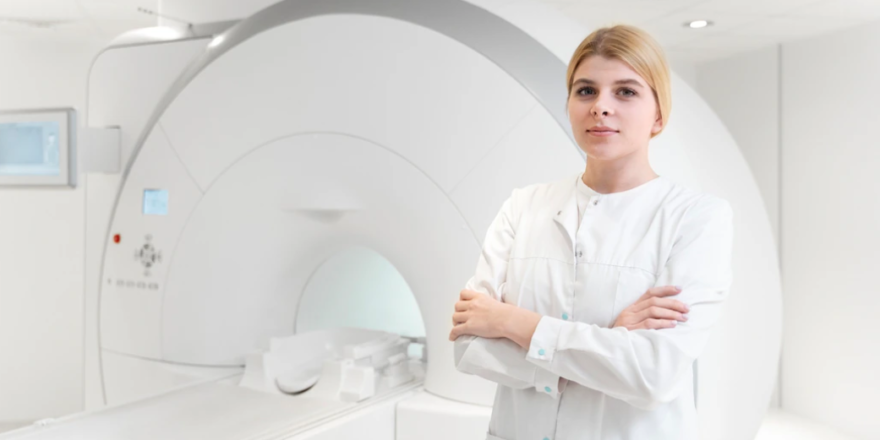CT (Computed Tomography) scans are a type of medical imaging that use X-rays to produce detailed images of the body. They are an essential tool in modern medicine for diagnosing and monitoring a wide range of conditions, from cancer to bone fractures.
One of the key benefits of CT scans is their ability to produce detailed, three-dimensional images of the body. This makes them particularly useful for detecting and diagnosing complex conditions such as tumors or internal bleeding. CT scans can also be used to monitor the progress of treatment, allowing doctors to adjust their approach as needed.
CT scans are particularly important in emergency medicine, as they can quickly and accurately identify life-threatening conditions such as internal bleeding or traumatic injuries. In some cases, CT scans may be the only way to diagnose a particular condition or injury.
However, it is important to note that CT scans do involve exposure to ionizing radiation, which can be harmful in large doses. To minimize this risk, doctors will typically only use CT scans when absolutely necessary, and will weigh the benefits against the potential risks for each individual patient.
Overall, CT scans are an important tool in modern medicine, allowing doctors to quickly and accurately diagnose a wide range of conditions. While they do involve some risks, these risks are typically outweighed by the benefits of an accurate diagnosis and effective treatment.




